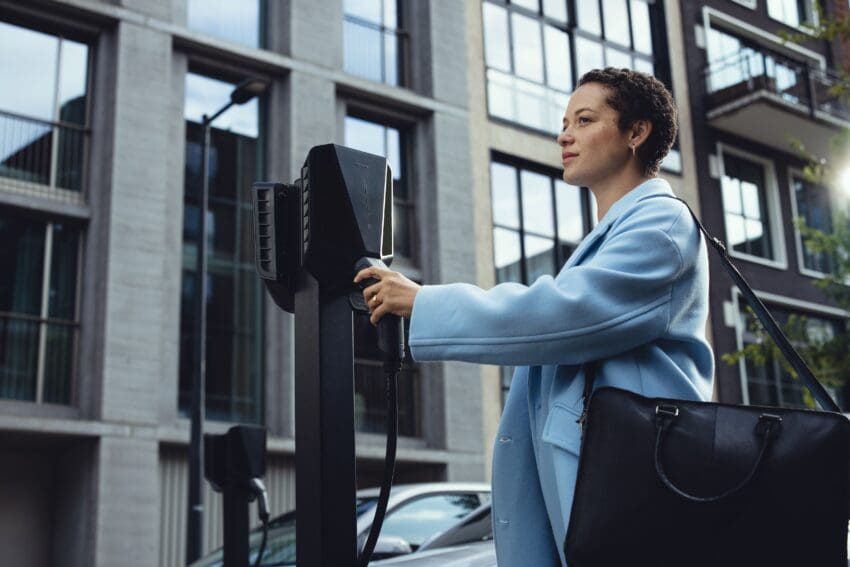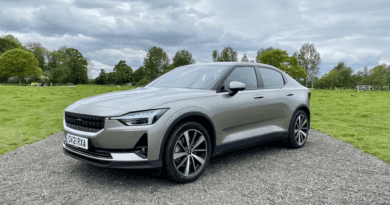
More than 1 in 4 EV drivers missing out on smart tariff savings
UK EV drivers are missing out on £168 million in savings by not using a smart off-peak energy tariff.
New research has found that around 28% of the country’s 1.615 million EVs are still charged during peak times when energy is at its most expensive – between 8am and 11am, and 4pm and 10pm.
In doing so, drivers are missing out on potentially huge savings offered by off-peak charging tariffs, which usually run overnight and slash energy prices by up to three-quarters. Charger manufacturer Easee estimates that in total, UK motorists are missing out of £168.2m in savings annually by not shifting their charging to quieter, cheaper off-peak periods.
Based on its calculations, a driver charging an average 28kWh per week on an off-peak tariff could save £265 per year while a higher-mileage driver using 40kWh per week could save £372 per year.
The research found a similar picture in several other European countries as well. In Germany, 30% of the country’s 3.35 million-plus EV drivers typically charge during peak periods. In Luxembourg, just 11% of drivers regularly use off-peak charging to recharge their cars.
Sam Levy, UK sales director at Easee, commented: “Switching to a smart tariff is one of the simplest and most effective ways for EV drivers to save money and reduce their environmental impact. By charging at off-peak times, drivers can cut their annual energy bills by hundreds of pounds while helping to balance demand on the grid.
He continued: “Smart charging is more than a cost saving, it’s a win-win-win. Consumers win by cutting bills. The grid wins through better-distributed load, helping to avoid or defer expensive infrastructure upgrades. Society and the climate win because more charging is aligned with periods of higher renewable energy generation, reducing reliance on fossil power and easing pressure on the grid, costs which are ultimately borne by taxpayers.”
Almost a dozen UK energy providers offer dedicated EV tariffs, most of which are linked to time of use. These cut energy costs from the standard variable rate of 25.73p/kWh to as little as 6.7p/kWh, usually between midnight and 5am, although some such as Octopus Intelligent Go use dynamic pricing to charge when demand is low throughout the day. You can read our breakdown of the current offers here.





